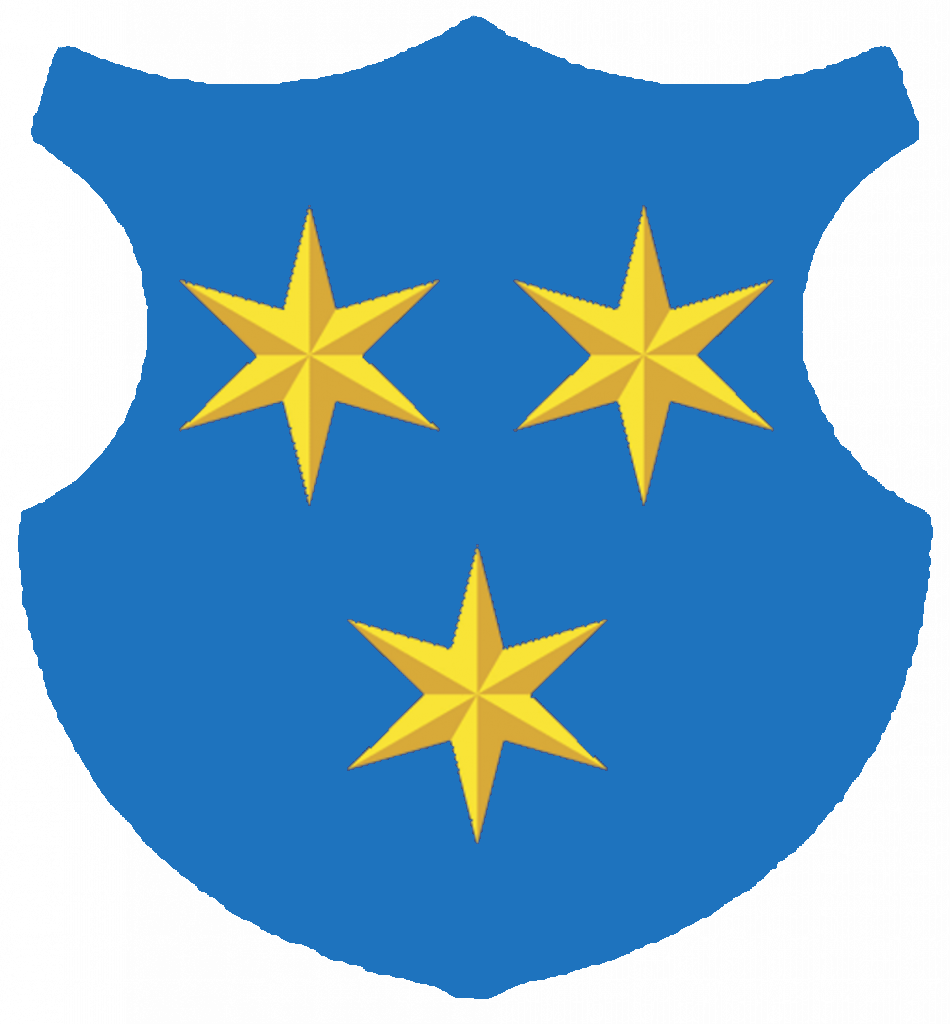Erazem Lueger – the Slovene Robin Hood?
The author deals with the story of “the last robber baron in Carniola”, which became famous with the help of popular tradition, Valvazor and the Romanticism of the 19th century. Based on the preserved historical sources the author tries to establish what is certain in this story, what is possible, and what is only a figment of imagination i.e. what is mythological. Thus, he reveals a new story of Erazem Lueger. The author also brings an overview of the texts on Erazem and presents a genesis of the myth of this knight errant.
On the Way to the Modern Sunday Rest
In 1867-1868 the liberal government of the Austrian part of the Habsburg monarchy rescinded the old laws on Sunday rest, which were closely connected to the consecration of Sundays. The article deals with the reactions of Catholic and conservative circles in Slovenian part of the monarchy, which, as their counterparts in the other parts of the monarchy, fought for the re-establishment of consecrated Sundays. In 1885 they managed to enforce the law on modern Sunday rest, but the obligatory consecrated Sundays became the past. The author presents the movement for further rights of Sunday rest, which resulted in the new law in 1895.
The Slovene Memoirs Connected to the Yesterday’s World
The article presents some fragments from the memoirs and notes of Josip Vošnjak (1834-1911), Fran Šuklje (1849-1935), and Ivan Šušteršič (1863-1925), which surpassed the limited boundaries of the Slovene national politics and are thus interesting also for the Middle European politics.
The Trumpet Calls or Ivan and Klarica on the Manoeuvres
In 1898, Ivan Cankar (1876-1918), the most important Slovene writer, translated the text of the operetta of Victor Roger Les 28 Jours de Clairette into Slovene for the performance in the Ljubljana’s Provincial Theatre. Until this year, when it was found in the archives of the Ljubljana Opera House, the translation was held for lost. The article brings the translation of the operetta as a whole (except for the dialogues which are probably lost).
The Resistance of High School Students and Their Relation to the Professors, School Order and Discipline
The article deals with the life of the high school students in Slovenia in the late 19th and early 20th century and presents the resistance of those students and their relation to the professors and school order. The author describes some examples from the life of the high school students of the time, which show that they came into conflicts in the school as well as out of it. There were many different reasons for those conflicts. They revolted against the established order individually and collectively, with some success and, even more often, with no success. With their resistance they wanted to establish their own autonomy, which slowly became the hallmark of their generation.
The Images of the Famous People – Ivan Grohar
The author presents Ivan Grohar (1867-1911), one of the most important Slovene Impressionist painter. In her article she describes his life story and his artistic development.
The Influence of Shopping Tourism on Cultural Changes and the Way of Life in Slovenia after the Second World War
The author deals with the influence that shopping tourism in Italy and Austria exerted on the way of life and cultural changes in Slovenia. He establishes that the border crossings, shopping abroad and travels characterised the way of life of the Slovenes in the post-war decades in a very important way. They gave the Slovenes a better sense for quality of products and influenced the Slovene trade and production in the way, that it at least tried to approach the standards of the West. The shopping also put some pressure on the politics, which had to take into account the demands of the consumers and try to adapt to them.

